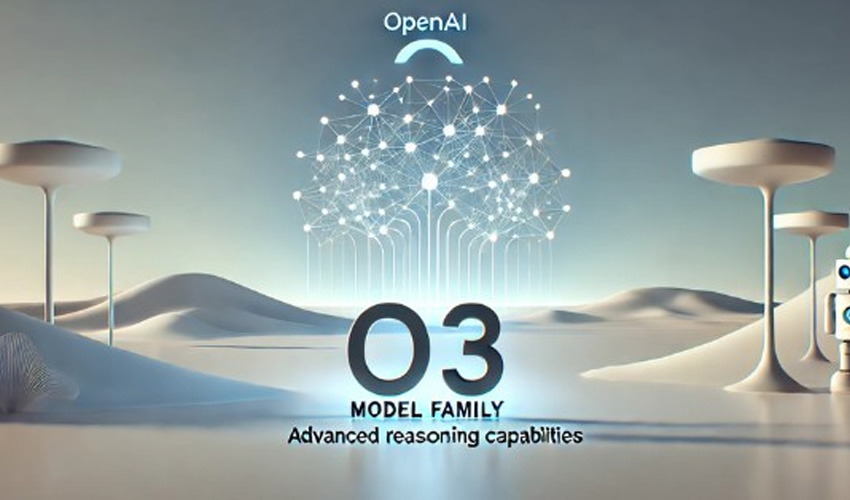Nigeria’s Minister of Communications, Innovation, and Digital Economy, Bosun Tijani, emphasized the transformative potential of artificial intelligence (AI) in positioning Nigeria as an economic powerhouse.
“We would have failed our people and the future generation if we slept on artificial intelligence because these are a set of technologies that will control what you think, how you think, and how you do everything,” Tijani stated, addressing a crowd of over 3,000 innovators and business leaders.
Tijani's remarks come amid criticism regarding the government's AI initiatives, particularly following the release of the national AI strategy draft and the establishment of an AI collective backed by $1.5 million in funding. Skeptics argue that Nigeria's AI ambitions are premature, pointing to ongoing challenges in infrastructure, particularly in areas like electricity and education.
Disagreeing with this perspective, Tijani argued for a visionary approach, stating, “The reality is that if you’re going to be visionary about it, there’s absolutely no way you focus on weaker problems.” He believes that there is significant economic opportunity in digitizing the data necessary for AI tools, which currently lack context on Africa. “It’s a business opportunity that continents like Africa should be leading,” he added.
Tijani laid out his ministry’s strategic plan, highlighting five foundational pillars aimed at leveraging technology for national growth. The first pillar focuses on talent development, with the ambitious Three Million Technical Talents (3MTT) program set to create a pipeline of skilled professionals and position Nigeria as a “net exporter of talent.”
Infrastructure development is the second pillar, with plans to expand the fiber backbone network by an additional 90,000 kilometers, bringing the total to 125,000 kilometers. “Without connectivity, there’s no digital technology that can truly scale,” Tijani remarked.
The third pillar involves fostering pro-innovation policies that support technological growth rather than merely serving revenue purposes. Tijani expressed his aspiration to be remembered as the minister who built lasting platforms, envisioning a three-pronged approach that enhances Nigeria’s fiber network, introduces a GEO system, and transforms governmental technology usage.
As Nigeria stands on the brink of an AI-driven future, Tijani's vision could be pivotal in shaping the country's digital landscape and economic trajectory.


























